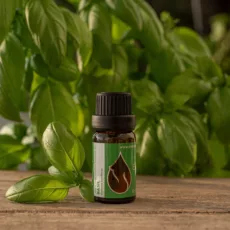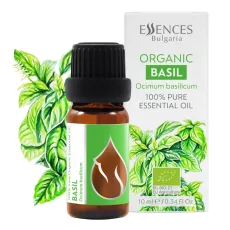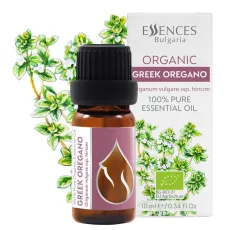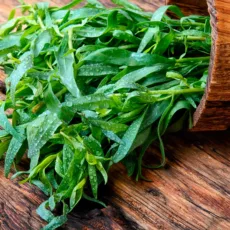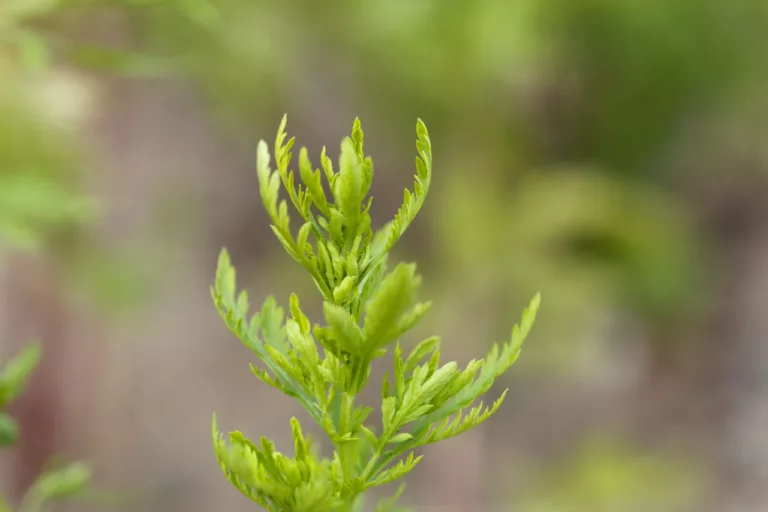Basil
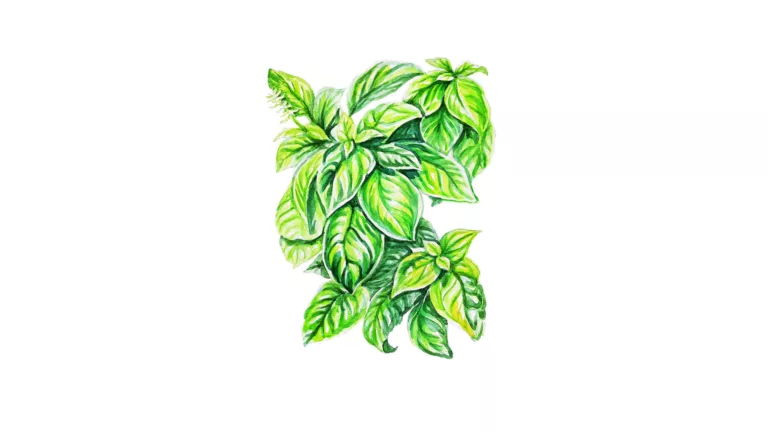
Basil (Ocimum basilicum) is an annual plant from the mint family (Lamiaceae). Basil is often called the “royal herb” or “royal spice.” The name of the plant derives from the ancient Greek word basileus (βασιλεύς), meaning “king,” and there are many legends about this name. In Bulgaria basil is also known as tsarsko bile (“royal herb”).
One legend claims that the fragrant plant grew at the place where Saints Constantine and Helena found the Cross of Jesus Christ. In the West during the Middle Ages, basil was a symbol of fertility and a bearer of purity and virtue.
In ancient India and tropical Asia, basil was considered a sacred scent and a holy herb associated with love and fidelity. Today in India, basil is sacred to Krishna and Vishnu and is honored in every home. Italians regard basil as an inseparable part of their cultural tradition; for them, basil is a symbol of love.
In Bulgaria, basil is used in church services as part of the ritual for blessing water and is revered as a holy plant.
Basil fosters an optimistic outlook on life. It can transform emotions such as anger, rage, and resentment into positive energy. This plant is attributed with many magical properties. The herb protects the home from negative vibrations, brings happiness to the whole family, and is favorable to grow in every household.
Basil has a strong and distinctive aroma; added to the symphony of scents and flavors in refined dishes, it imparts a magical taste that carries the fragrance and traditions of millennia of culinary art. Alongside its culinary merits, the spice also possesses strong antimicrobial and antioxidant properties, which makes it not only delicious but very beneficial—a touch of perfection in a beautiful, aromatic sprig.
Basil is very useful and has been used in folk medicine since antiquity. It has strong antiseptic and appetite-stimulating effects. As a medicinal herb, basil is used to stimulate the appetite and to treat gastritis and colitis.
